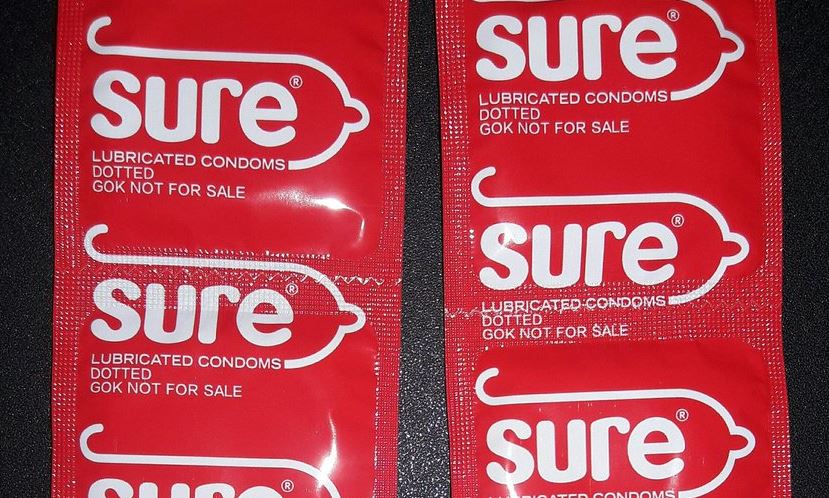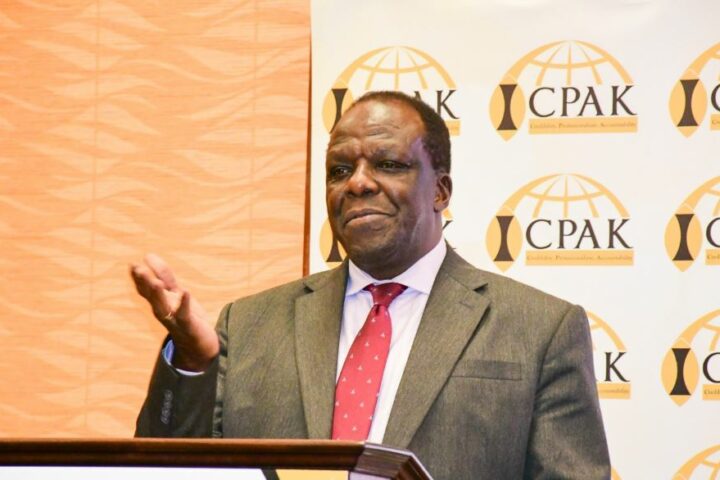 On Wednesday, a worrying directive from Kenya’s Pharmacy and Poisons Board (PPB) took many by surprise. The regulator announced a nationwide recall of a problematic batch of ‘Sure’ brand lubricated condoms.
On Wednesday, a worrying directive from Kenya’s Pharmacy and Poisons Board (PPB) took many by surprise. The regulator announced a nationwide recall of a problematic batch of ‘Sure’ brand lubricated condoms.
The affected batch, tagged Batch No. 2405055, is linked to the Indian manufacturer, Indus Medicare Private Limited. These condoms, widely distributed in various parts of the country, reportedly failed a critical safety test.
Specifically, the PPB revealed that the batch did not meet the necessary threshold in its “freedom from holes (conductivity)” examination. This flaw raises red flags about the product’s ability to provide the intended level of protection.
In a statement addressing the public and industry players, PPB chief Dr. Fred Siyoi clarified the gravity of the situation. His words left no room for doubt, urging immediate compliance.
“In light of this, the Board advises all pharmaceutical outlets, healthcare facilities, healthcare professionals, and members of the public to immediately quarantine the product and STOP the further distribution, sale, issuance, or use of the affected product batch and return the product to their nearest healthcare facility or respective suppliers,” read the statement.
This recall could disrupt retailers and consumers alike. For Kenyan users who rely on the ‘Sure’ brand, the news marks a sobering reminder that not all products on the shelves are guaranteed to meet quality standards.
Industry experts note that substandard condoms can expose users to heightened risks of unintended pregnancies and sexually transmitted infections (STIs). By acting swiftly, the PPB aims to safeguard public health amid the rising concern.
Healthcare facilities and pharmacies are on high alert, tasked with ensuring none of the defective merchandise slips through the cracks. The PPB’s mandate is to ensure the safety and efficacy of medical products reaching Kenyan citizens.
“The Board encourages the public to report any suspected cases of sub-standard medicines or adverse drug reactions to the nearest healthcare facility or the Pharmacy and Poisons Board…” the statement continues.








